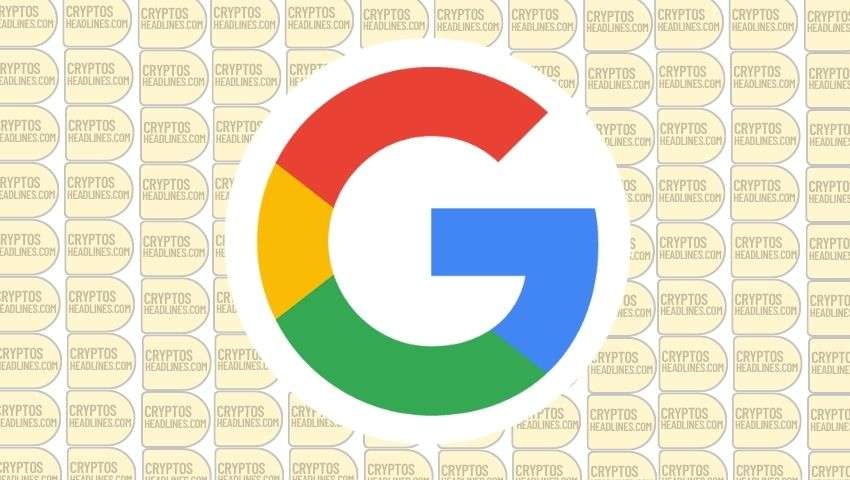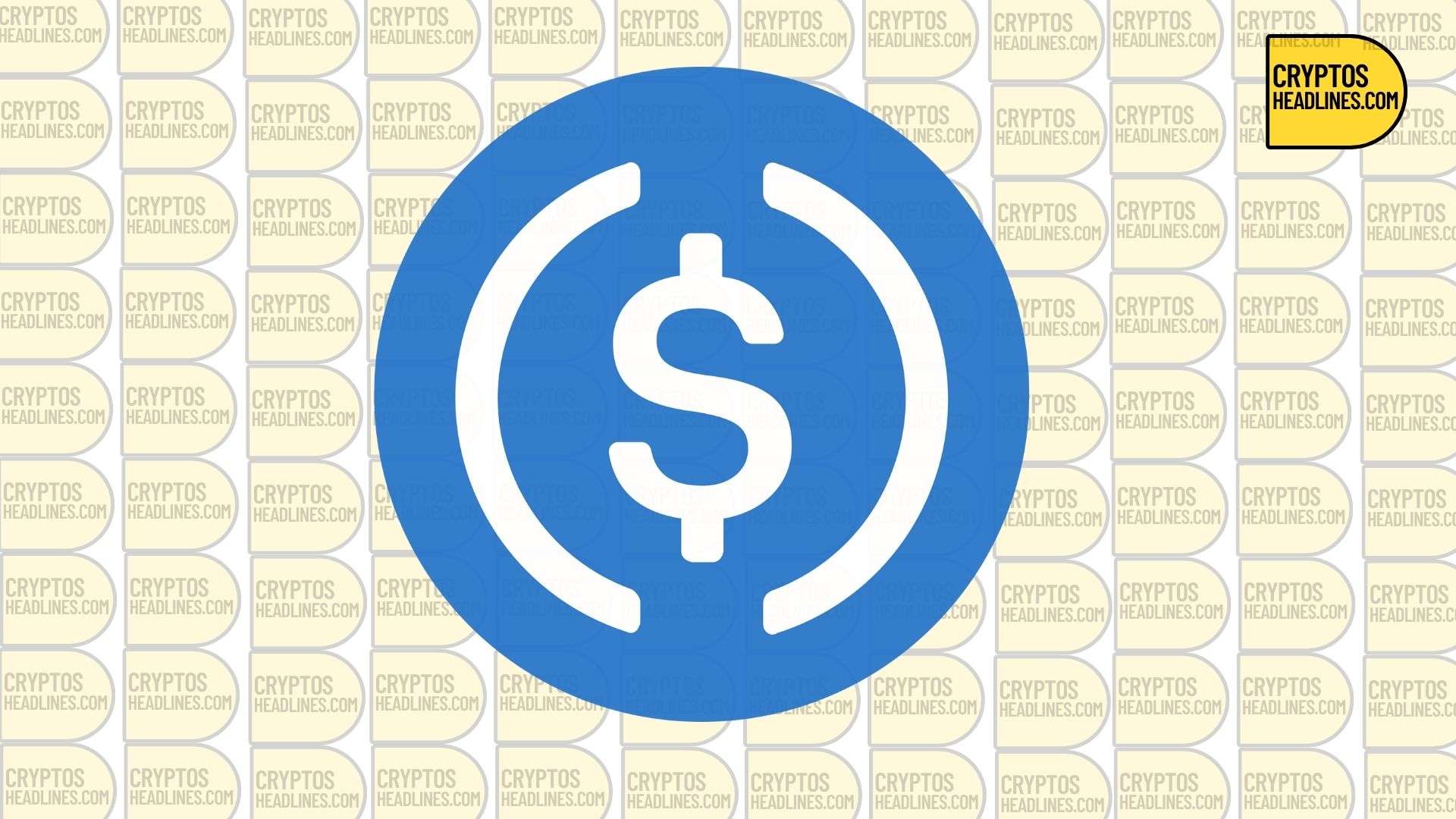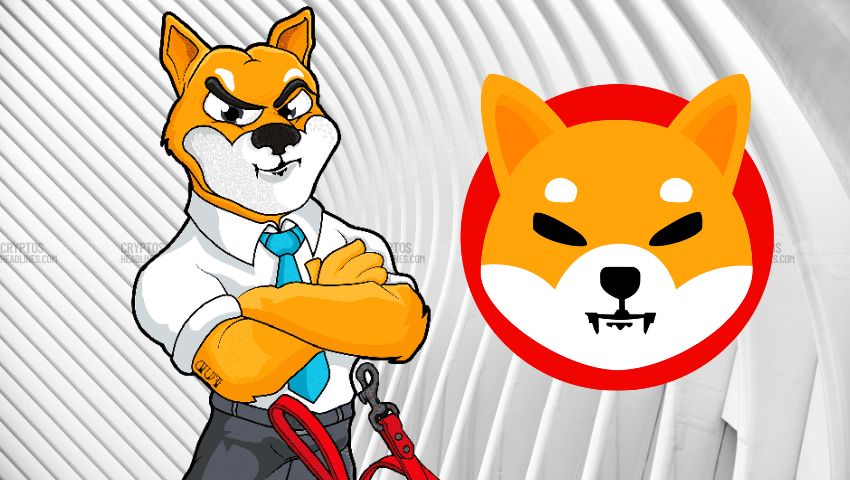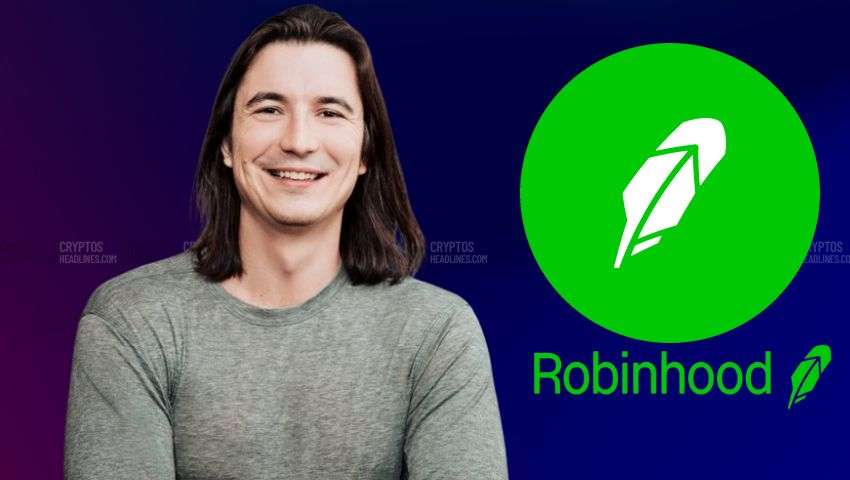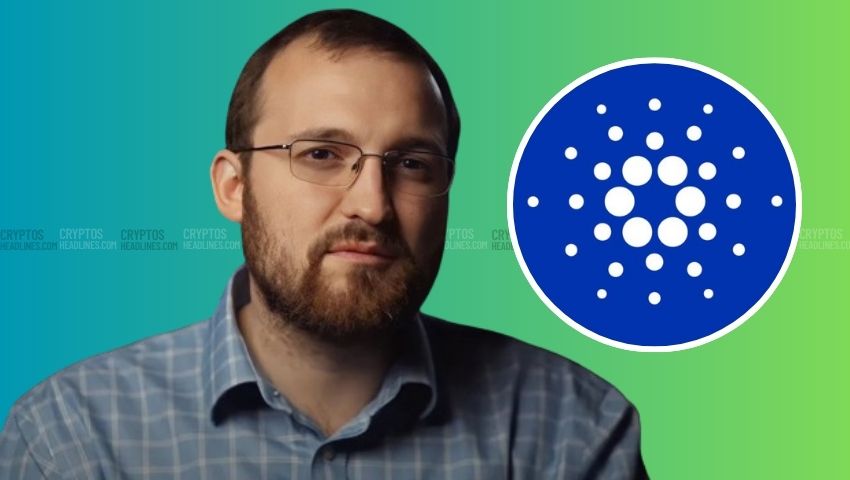By August 28, Google and other prominent online platforms must revise their service policies to adhere to EU standards outlined in the Digital Services Act.
According to an August 24 blog post, Google is planning to update some of its service policies to align with the European Digital Services Act (DSA). The company has invested significantly in different areas to meet the DSA’s specific requirements set by the European Union.
Google’s Plans and Concerns Regarding EU’s Digital Services Act
Google’s Proposed Changes: Google aims to make several improvements, including expanding the Ads Transparency Center, offering more data access to researchers, enhancing transparency research, improving content moderation visibility, creating a new Transparency Center for policies, and conducting more comprehensive risk analysis.
However, Google is cautious about unintended consequences. It worries that sharing too much about its enforcement methods might enable bad actors to misuse its services and spread harmful false information.
EU’s Digital Services Act Purpose
The European Union’s Digital Services Act aims to unify content rules across the region and establish clearer processes for online content management. The act identifies 17 large online platforms (VLOPs) and 2 major search engines (VLOSEs).
Requirements for Platforms
These platforms must prevent and remove illegal content, allow users to report such content, prohibit targeted ads based on personal traits, limit targeted ads for children, and share data with researchers and authorities, among other obligations.
EU Digital Services Act: Changes for BigTech Platforms
The European Digital Services Act (DSA) categorized some major online platforms into two groups. The first group, called Very Large Online Platforms (VLOPs), included platforms like Alibaba AliExpress, Amazon Store, Apple AppStore, Booking.com, Facebook, Google Play, Google Maps, Google Shopping, Instagram, LinkedIn, Pinterest, Snapchat, TikTok, Twitter, YouTube, Wikipedia, and Zalando. The second group, known as Very Large Online Search Engines (VLOSEs), consisted of Bing Search and Google Search.
All these platforms were given until August 28 to meet the DSA requirements. Google referred to its updates as “compliance at scale.” TikTok, also considered a VLOP by the DSA, shared on August 4 that it had prepared for the changes. It introduced new ways to report illegal content, provided more details about how it moderates content, increased transparency in its recommendation system, and updated its advertising policies for teenagers.
People on Reddit discussed the upcoming implementation of the DSA. Some praised these regulations as necessary to hold BigTech accountable, while others believed that such policies could limit freedom of speech.
Addressing Concerns: On August 21, Google responded to allegations about tracking children’s data in ads, which were raised in a detailed report.
Important: Please note that this article is only meant to provide information and should not be taken as legal, tax, investment, financial, or any other type of advice.
Join Cryptos Headlines Community
Follow Cryptos Headlines on Google News







